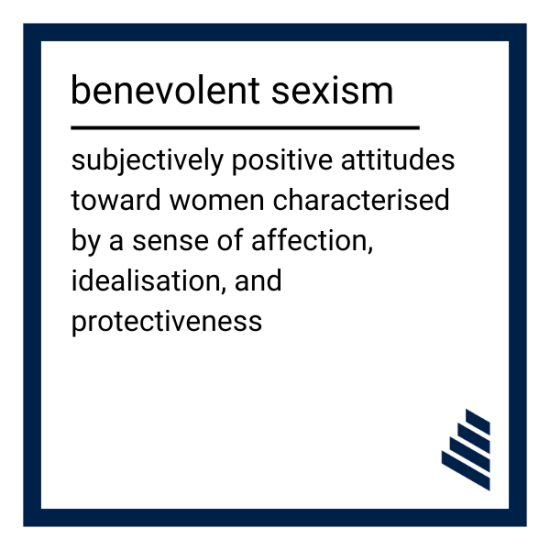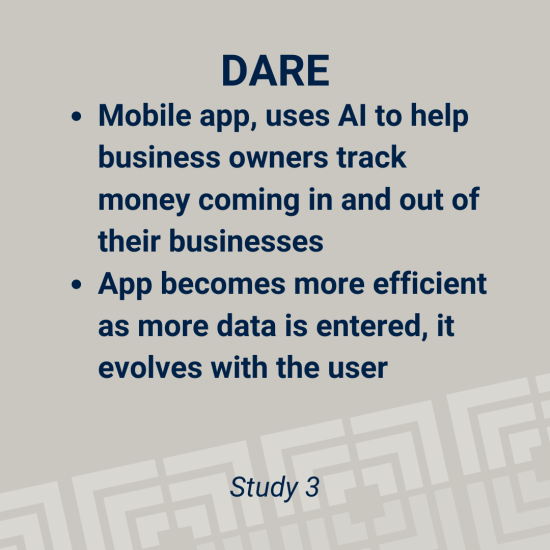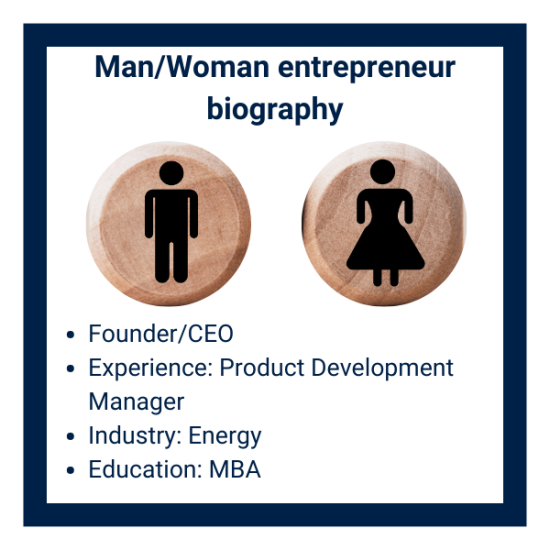By Ivona Hideg Saïd Business School; Nhu Nguyen, McGill University; Yuval Engel, University of Amsterdam; Frédéric Godart, INSEAD
Startups founded by women tend to be evaluated less favourably than those founded by men. This should come as no great surprise as it is a well-established finding that has been documented among a wide range of stakeholders including investors, accelerator selection committees, job applicants and early users of the venture’s product or service. This is troubling as such evaluations impact stakeholders’ support and financial commitments, and ultimately undermine gender equity at work and across our society more broadly.
Given the severity of the problem, much attention has been devoted to understanding the reasons behind this gender gap. Past research examining reasons for this critical gender gap in startups has exclusively studied more traditional or hostile sexist attitudes that link entrepreneurial competence with men but not women resulting in negative attitudes toward women.
Notwithstanding these valuable insights, this past work has overlooked the existence of another and more contemporary type of sexism, benevolent sexism, which refers to seemingly positive attitudes toward women characterised by a sense of affection, idealisation and protectiveness. Given this seemingly positive tone, benevolent sexism is socially acceptable, endorsed by both men and women, and rarely seen as problematic.

This difference in social acceptability has become even more pronounced in the wake of major social movements such as the United Nations’ 'HeForShe' campaign and the #MeToo movement, positioning benevolent sexism to quickly become a dominant form of sexism encountered in today’s startup ecosystem. Yet, in spite of its seemingly positive tone past research shows that benevolent sexism erodes gender equity. In our research we argue that the entrepreneurship context is particularly fertile ground for benevolent sexism to manifest itself and it also allows its harmful, yet not easily detected, effects to accumulate.
Specifically, in our recent paper published in Entrepreneurship Theory and Practice, we show how benevolent sexism undermines gender equity in startup evaluation by boosting men’s outcomes without directly harming women’s outcomes. That is, bias manifests itself through unwarranted advantages given to men. This finding was surprising, and novel as past work has exclusively shown biases actively and directly disadvantaging women, which is what we also initially expected.
We originally hypothesised that the more evaluators endorse benevolent sexism, the less they would perceive startups founded by women as viable (ie they were more likely to assume they would fail). We tested this hypothesis in three experimental studies where we asked participants to evaluate a hypothetical early-stage startup that was founded either by a hypothetical man (Robert Wilson) or woman (Jennifer Wilson) entrepreneur with identical biographies.


- Study 1 used a sample of 388 students in Canada who had experience with the startup evaluation context and focused on a perceived gender-neutral industry startup – Green Glass.
- Study 2 used a sample of 572 full-time employees in the US and that same gender-neutral startup – Green Glass.
- Study 3 used a sample of 312 people with startup investing experience in the US and the UK and involved a perceived masculine industry startup - DARE.
Counter to our original hypothesis, we did not find that benevolent sexism affected the evaluation of the women-led startups. However, the more evaluators endorsed benevolent sexism, the more positively they evaluated the men-led startups. That is, benevolent sexism was advantaging evaluations of Robert’s (ie men’s) startups while seemingly not affecting evaluations of Jennifer’s (ie women’s) startups. It is important to note again that in our studies the man and woman entrepreneur pitched an identical idea and had identical qualifications and past experiences making these effects even more startling.

These findings suggest that traditional interventions designed to tackle traditional and blatant negative stereotypes about women are insufficient to address disadvantages that women experience. Our work shows that gender inequity is also a product of advantages that men receive. Other common solutions such as training women to communicate more effectively or start a business in masculine (higher profit) industries may also be ineffective as we show that even when women have identical ideas, experiences and communication styles, and even when they start a business in a masculine industry, men are still getting a leg up. So awareness needs to be raised among resource providers and entrepreneurs about benevolent sexist attitudes and its harmful effects, and how they manifest differently than the attitudes and effects of more traditional sexism.
Critically we advocate for fixing the system rather than fixing the women centred approach to solving gender inequity; this means examining evaluators’ (who are a part of a system) attitudes and behaviours as opposed to examining women’s behaviours. We advocate for raising awareness among startup evaluators and other decision makers about the effect of their sexist attitudes and for increasing transparency and accountability in the startup evaluation process.
In conclusion, our research shows that while benevolent sexism may appear positive, it is dangerous because it seemingly does not affect women while it benefits men, even when qualifications and ideas of men and women are identical. As we work toward building an inclusive and equitable entrepreneurship environment, it is crucial that we address this socially acceptable and seemingly harmless type of sexism and raise awareness that gender inequities are not only created by disadvantages that women face but also by advantages that men receive.
Research
Nguyen, N., Hideg, I., Engel, Y., & Godart, F. (2023). Benevolent Sexism and the Gender Gap in Startup Evaluation. Entrepreneurship Theory and Practice.




